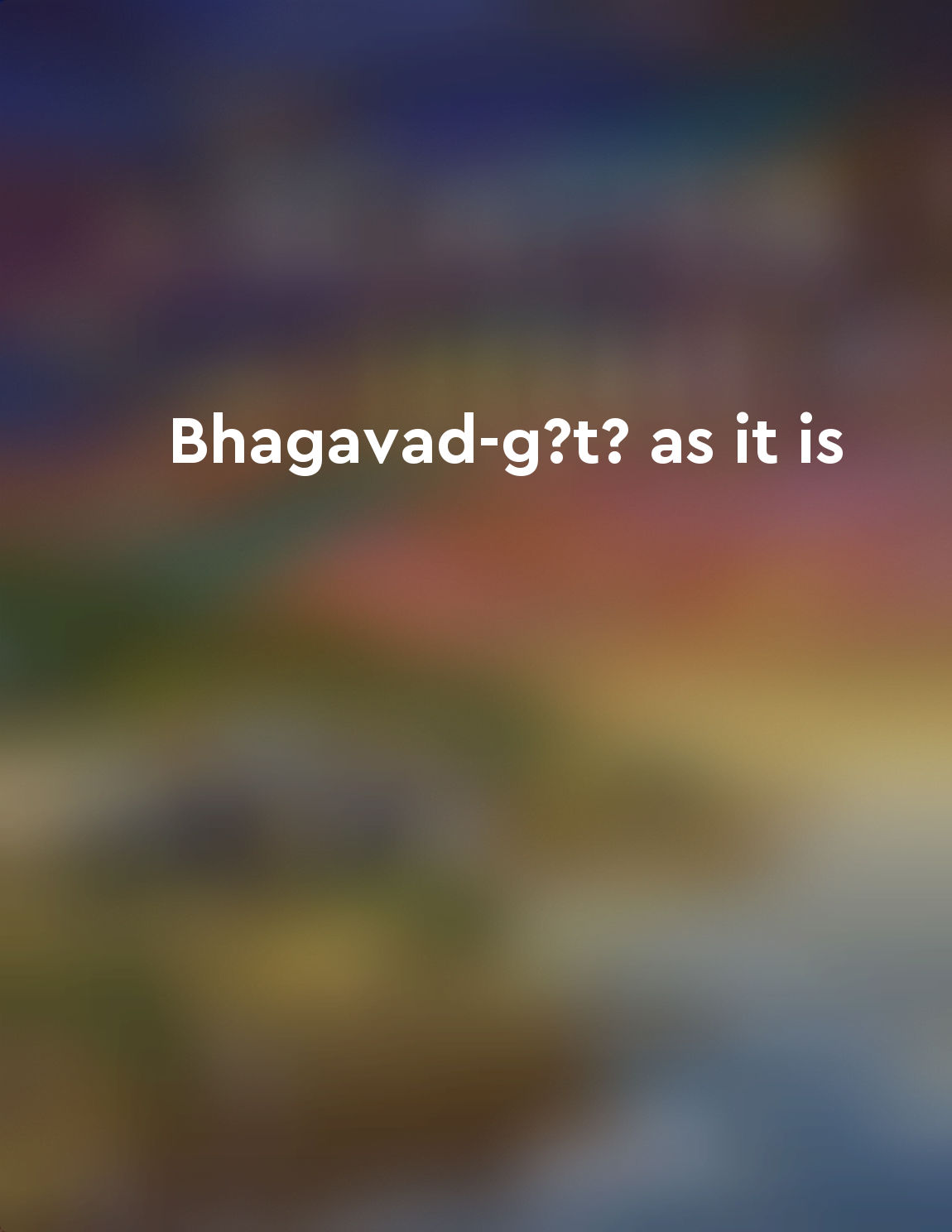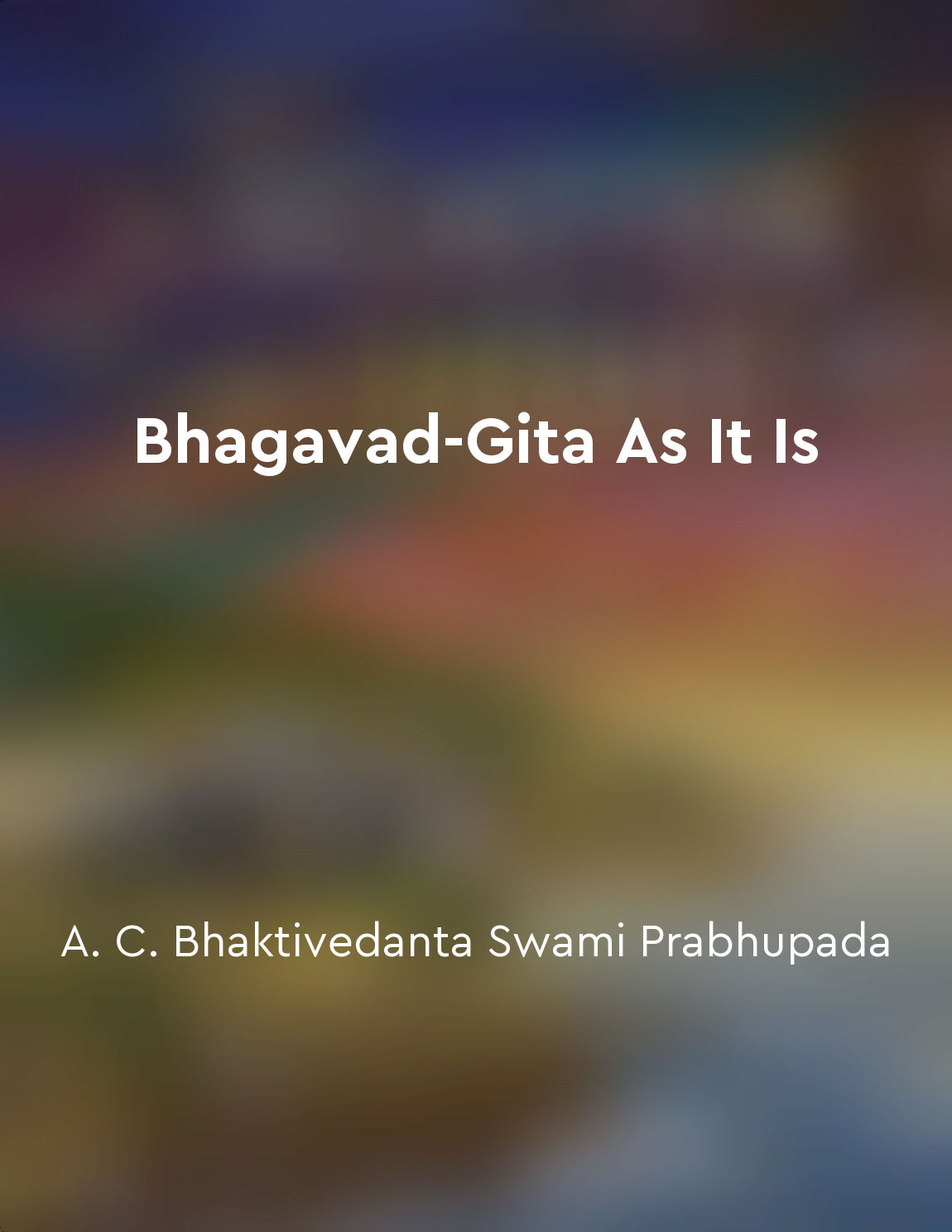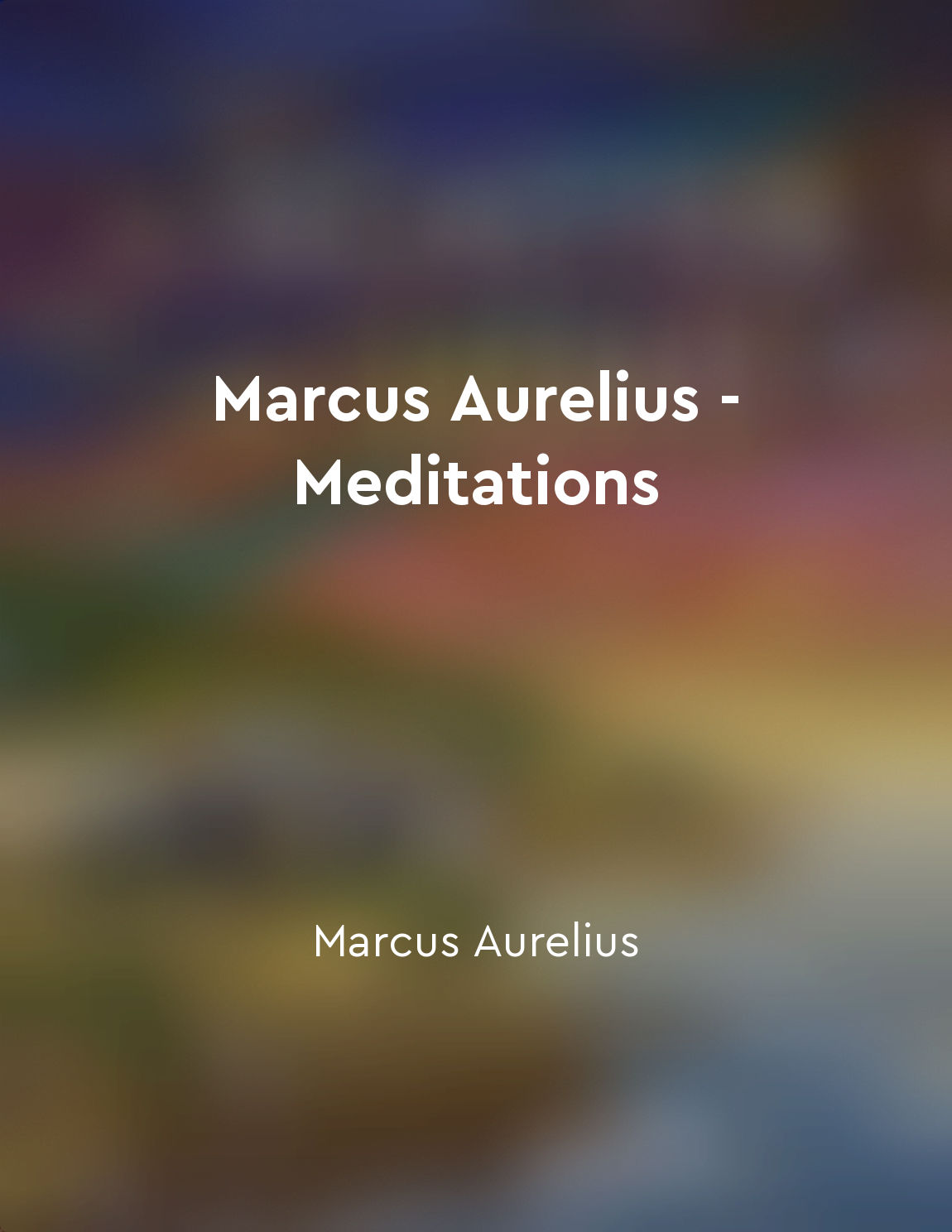Acting out of reverence for duty from "summary" of Fundamental Principles of the Metaphysic of Morals by Immanuel Kant
When one acts out of reverence for duty, they are motivated not by personal desires or inclinations, but by a sense of obligation to uphold a universal moral law. This means that one's actions are not contingent upon external factors such as rewards or consequences, but are instead guided by an intrinsic sense of duty. In other words, one acts out of a recognition of their moral duty, regardless of the circumstances or potential outcomes of their actions. This concept of acting out of reverence for duty is central to Kant's moral theory, as it emphasizes the importance of rationality and universalizability in ethical decision-making. According to Kant, when one acts out of duty, they are acting in accordance with the categorical imperative, which is the supreme principle of morality that commands us to act only in ways that can be willed as a universal law. By acting out of reverence for duty, individuals affirm their autonomy and moral agency, as they are able to transcend their personal desires and motives in favor of upholding moral principles that are universally valid. This requires individuals to exercise their rational faculties and make moral judgments based on reason rather than emotion or inclination. Moreover, acting out of reverence for duty involves a sense of respect for the moral law itself, as one recognizes the inherent value and dignity of moral principles. This sense of reverence serves as a motivating force for individuals to uphold their moral obligations, even in the face of temptation or adversity.- Acting out of reverence for duty is a central tenet of Kant's moral philosophy, as it emphasizes the importance of rationality, universality, and respect for the moral law. By recognizing and upholding their moral obligations, individuals demonstrate their autonomy and commitment to ethical principles that transcend personal interests and inclinations.
Similar Posts

The power of meditation and contemplation is highlighted
The Bhagavad Gita underscores the immense importance of meditation and contemplation in one's spiritual journey. Through the pr...
Stay grounded in reality
Remind yourself constantly of the many false assumptions and misconceptions that surround you, clouding your judgment and disto...
Categories guide understanding in organizing knowledge
In order to understand how categories guide understanding in organizing knowledge, we must first recognize that our cognition i...

Cultivating a pure heart and mind
The Bhagavad Gita teaches the importance of purifying the heart and mind in order to attain true spiritual growth. When our hea...

Inner purity
The concept of inner purity is crucial in the spiritual journey described in the 'Bhagavad-gītā as it is.' Inner purity refers ...

Resolving conflicts with wisdom
When faced with conflicts in life, it is important to approach them with wisdom. The Bhagavad Gita teaches us that wisdom can h...

Liberation from material bondage
The concept of liberation from material bondage is a central theme in the Bhagavad-Gita. Material bondage refers to being entan...
The path of devotion to the divine
The path of devotion to the divine, as elucidated in the sacred text, emphasizes the importance of unwavering faith and love to...
Knowledge is based on experience
According to the philosopher David Hume, knowledge is ultimately derived from our experiences. He posits that our understanding...

Embrace change and impermanence
The world is in a constant state of flux, a perpetual cycle of change and impermanence. Nothing remains the same, everything is...

